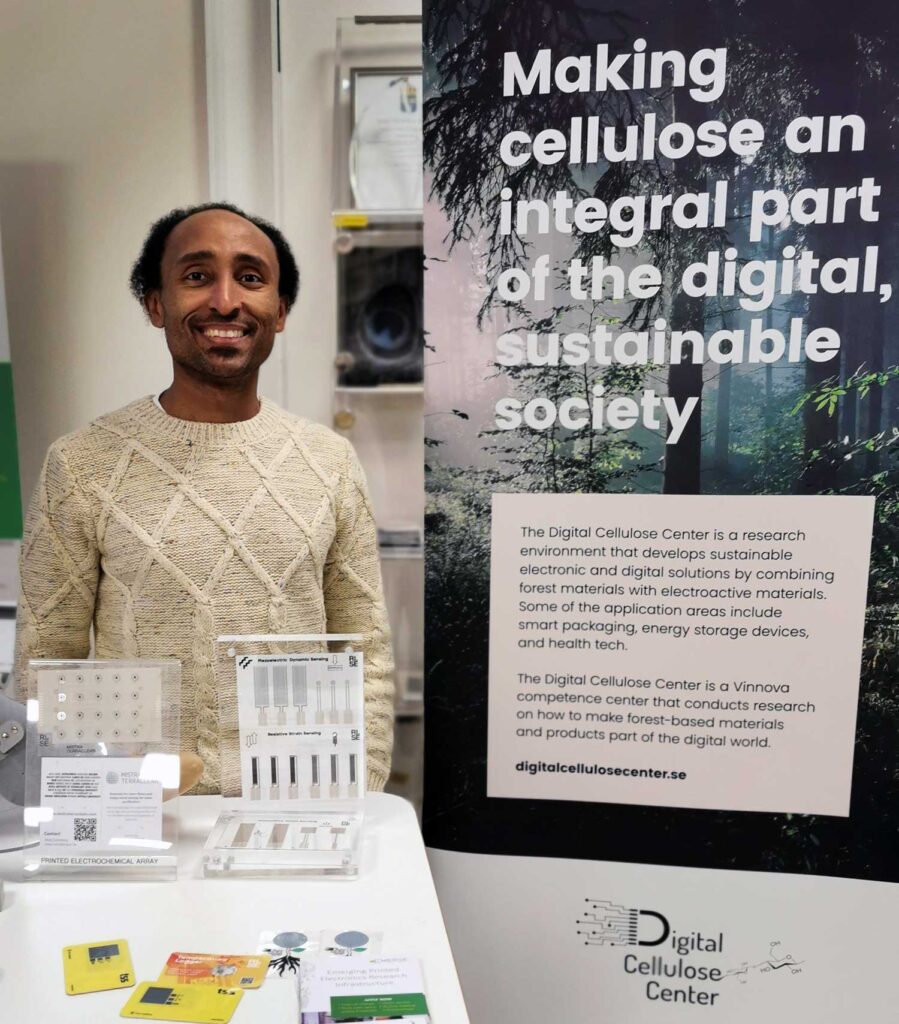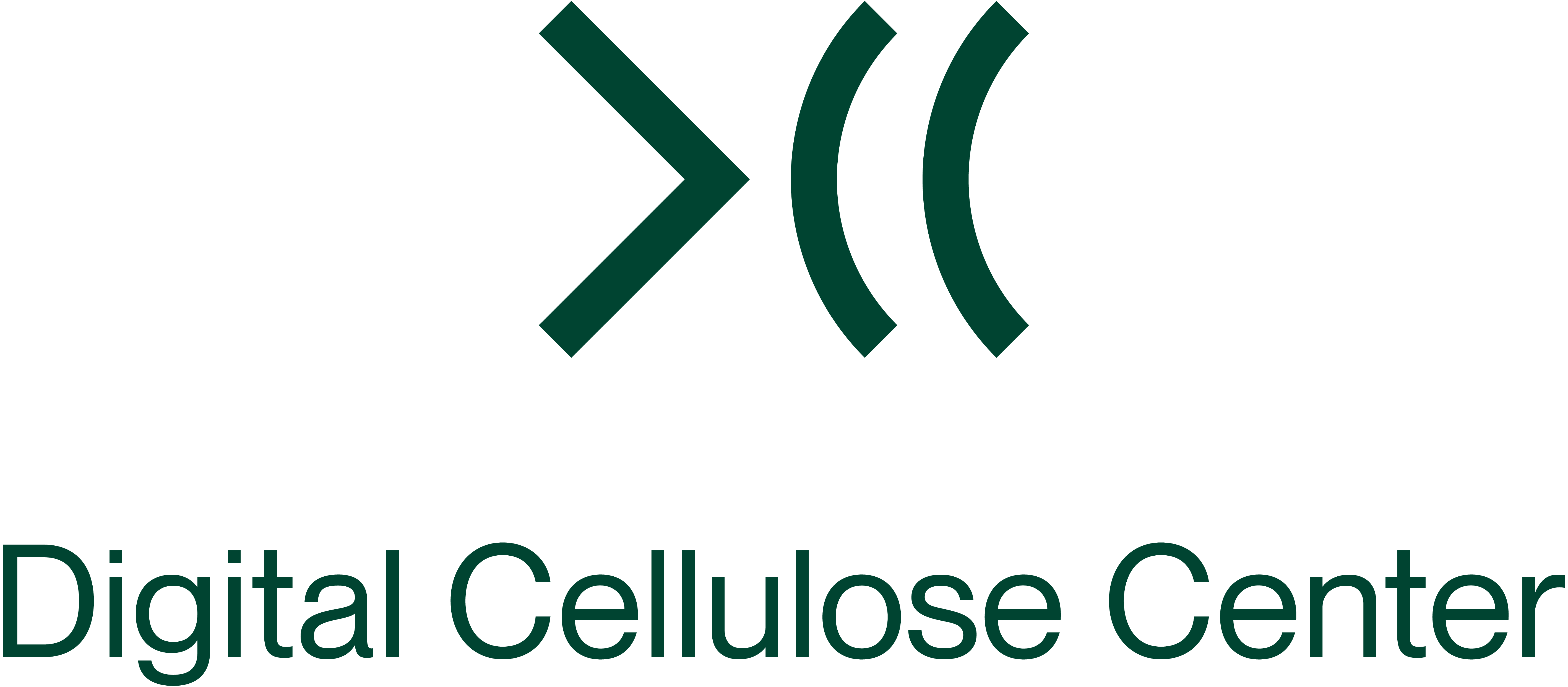Join the Digital Cellulose Center’s webinar series this autumn on topics such as green electronics, PEFAS in electronics, and 3-D printing for electronics.
The vision of the Digital Cellulose Center (DCC) is to make lignocellulose-based products an integral part of a sustainable, digital society. The research and development is targeting biobased and green electronics. The DCC seminars are lifting challenges and opportunities faced by the electronics, energy storage, and biorefinery industries and how new material solutions and insights may pave the way for a more sustainable society.
Improving microsampling of blood and plasma with paper-based microfluidic devices
December 12th, 15:00-16:00 CET
During the seminar, Charles Mace from Tufts University will share his view of paper-based microfluidic devices for MedTech and health. Approaches that enable patient-centric microsampling have the potential to address challenges with transporting blood samples from remote sites to clinical laboratories. However, the development of these technologies, typified by the century-old dried blood spot card, has not kept pace with the clinical need or emerging capabilities of modern laboratory medicine.
With expertise in paper-based microfluidics, Charles Mace and colleagues have designed devices to close these gaps by providing stable and metered samples of dried blood and plasma. The researchers anticipate that these capabilities will reduce global disparities in access to healthcare, provide increased agency to patients desiring more information about their health status, and support ongoing advances in telemedicine.
Towards Green Electronics in Europe
November 7th, 13:00-14.00 CET

How will the upcoming PFAS directive impact electronics
October 3rd, 13:00-14.00 CET
There is a strive to phase out PFAS chemicals since they are extremely persistent and accumulate in nature. Lisa Skedung, Researcher and Project Manager at RISE will give an introduction to PFAS chemicals and how their phase-out is regulated within the EU. How will this new regulation affect work within green electronics and the introduction of bio-based electronics?

Lisa Skedung. Photo: David Lagerlöf

